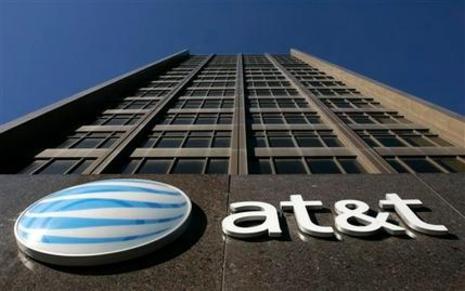Update: The full PDF text of the DOJ lawsuit can be found here.
Update 2: Sprint has just released their own statement courtesy of senior vice president of government affairs Vonya B. McCann:
The DOJ today delivered a decisive victory for consumers, competition and our country. By filing suit to block AT&T’s proposed takeover of T-Mobile, the DOJ has put consumers’ interests first. Sprint applauds the DOJ for conducting a careful and thorough review and for reaching a just decision – one which will ensure that consumers continue to reap the benefits of a competitive U.S. wireless industry. Contrary to AT&T’s assertions, today’s action will preserve American jobs, strengthen the American economy, and encourage innovation.
The DOJ today delivered a decisive victory for consumers, competition and our country. By filing suit to block AT&T’s proposed takeover of T-Mobile, the DOJ has put consumers’ interests first. Sprint applauds the DOJ for conducting a careful and thorough review and for reaching a just decision – one which will ensure that consumers continue to reap the benefits of a competitive U.S. wireless industry. Contrary to AT&T’s assertions, today’s action will preserve American jobs, strengthen the American economy, and encourage innovation.
The tech blog world is in a frenzy today with the news of the Department of Justice filing an injunction against theproposed takeover of T-Mobile by AT&T. AT&T hasn’t wasted a moment though already releasing a statement promising to vigorously fight the DOJ action and also take over the world. Wayne Watts, AT&T Senior Executive Vice President and General Counsel issued the following statement:
“We are surprised and disappointed by today’s action, particularly since we have met repeatedly with the Department of Justice and there was no indication from the DOJ that this action was being contemplated.
We plan to ask for an expedited hearing so the enormous benefits of this merger can be fully reviewed. The DOJ has the burden of proving alleged anti-competitive affects and we intend to vigorously contest this matter in court.
At the end of the day, we believe facts will guide any final decision and the facts are clear. This merger will:
· Help solve our nation’s spectrum exhaust situation and improve wireless service for millions.
· Allow AT&T to expand 4G LTE mobile broadband to another 55 million Americans, or 97% of the population;
· Result in billions of additional investment and tens of thousands of jobs, at a time when our nation needs them most.
We remain confident that this merger is in the best interest of consumers and our country, and the facts will prevail in court.“

